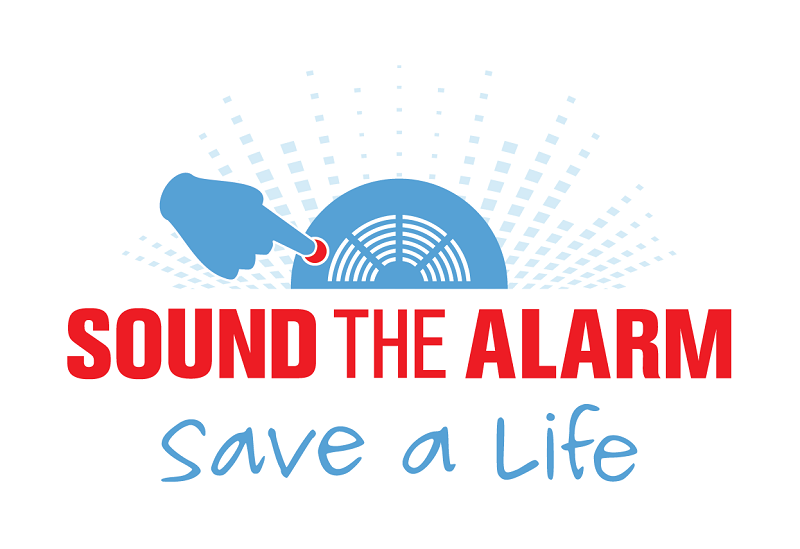As colder temperatures arrive to end 2021, residents will begin to warm their homes in a variety of ways. Broken Bow Emergency Services Director Andy Holland and Electrical Superintendent Blake Waldow are encouraging everyone to make sure homes are being warmed safely this winter.
According to the National Fire Protection Association, heating equipment is one of the leading causes of home fire deaths. When warming your home, make sure anything that can burn is at least three-feet away from heating equipment, like the furnace, fireplace, wood stove, or portable space heater. Make sure kids, toys, and pets stay at least three feet away from heating equipment and turn portable heaters off when leaving the room or going to bed.
While tempting, never use an oven to heat your home. If you have a gas oven, you are putting yourself and anyone in your home at risk for Carbon Monoxide (CO) Poisoning if you try to use the oven for heat. CO is invisible, odorless, and tasteless, so you will not be able to tell if it is in your home. Moderate levels of the gas can cause headaches, dizziness, nausea, and fainting while higher levels are fatal. If you suspect CO poisoning, get to fresh air immediately, and then call 9-1-1.
If you are using a heating source that burns fuel, it needs to vent outside of the home to prevent CO poisoning. Install a CO alarm/detector in the hallway of your home near sleeping areas. Avoid corners where air does not circulate and do not use a CO alarm in place of a smoke alarm, use both.
Electric ovens are safer than a gas stove because it does not emit carbon monoxide, but they are not intended for space heating. It is possible that using an electric oven for prolonged usage could decrease the lifespan of the oven or cause a malfunction and start a fire. Operating an oven to heat a home is also more expensive than running a small space heater. An oven typically uses 1,500 to 4,000 watts while a space heater uses around 500 watts.
Electric heaters should be plugged directly into the wall outlet. If an extension cord is necessary to reach the area you would like to heat, use the shortest possible heavy-duty cord of 14-gauge wire or larger. Always check and follow any manufacturer’s instructions pertaining to the use of extension cords. Also make sure to buy a unit with a tip-over safety switch, which automatically shuts off the heater if the unit is tipped over.
While it might be tempting to place a heater on a desk, on your bed, or even on a workbench to blow warm air on your face, heaters should always be on the floor to reduce the chances of it falling over and causing a fire. The Consumer Product Safety Commission also says that heaters should not be placed within three feet of anything flammable. Some manuals list curtains, papers, furniture, pillows, and bedding as objects to stay away from.
For more information on how to prevent fires in the home and what to do if there is a fire in your residence, visit redcross.org/homefires.






































